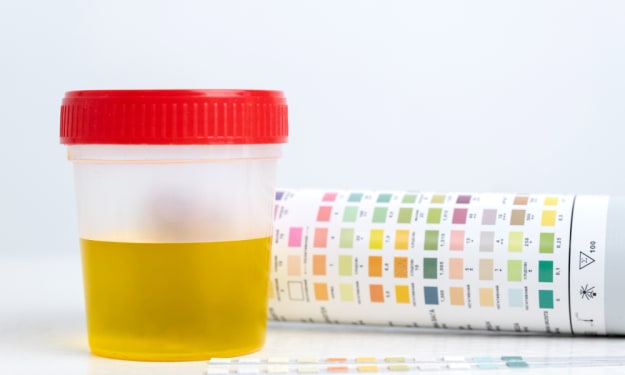The Ultimate Guide to Pre-Employment Drug Testing
Safeguarding Workplace Safety and Promoting a Drug-Free Culture

Introduction:
Pre-employment drug testing has become a common practice for employers seeking to maintain a safe and productive workplace. It is a crucial step in the hiring process that helps ensure the well-being of employees and the overall success of a company.
In this comprehensive guide, we will delve into every aspect of pre-employment drug testing, providing you with a thorough understanding of its significance, procedures, legal considerations, and tips for successful testing.
Why Pre-Employment Drug Testing Matters
The Importance of Pre-Employment Drug Testing
- Explaining the necessity of drug testing to ensure a safe work environment.
- Statistics on workplace accidents and incidents related to substance abuse.
- Benefits of drug testing for productivity, absenteeism, and employee morale.
Understanding Drug-Free Workplace Policies
- How drug testing is integrated into drug-free workplace programs.
- The impact of drug abuse on a company's reputation and bottom line.
- The role of drug testing in maintaining a drug-free workplace culture.
Types of Pre-Employment Drug Tests
Urine Drug Testing
- Detailed explanation of the most common and cost-effective drug testing method.
- Detection windows for various drugs and substances in urine.
- Best practices for accurate and tamper-resistant urine testing.
Hair Drug Testing
- Understanding the benefits and limitations of hair drug testing.
- How hair testing can detect drug use over an extended period.
- Ensuring accuracy and mitigating potential challenges in hair drug testing.
Saliva Drug Testing
- Advantages of using saliva tests for pre-employment screening.
- Comparing saliva testing with other methods in terms of efficiency and reliability.
- Factors affecting the detection window for drugs in saliva.
Blood Drug Testing
- When and why blood testing may be preferred in certain situations.
- Addressing concerns about invasive testing methods.
- Legal considerations and guidelines for blood drug testing.
Drug Testing Procedures
Developing an Effective Drug Testing Policy
- Crafting a clear and comprehensive drug testing policy.
- Communicating the policy to job applicants and employees.
- Ensuring compliance with local, state, and federal regulations.
The Drug Testing Process: Step-by-Step
- A detailed breakdown of the drug testing process for applicants.
- The role of the designated collection sites and certified collectors.
- Ensuring confidentiality and privacy during testing.
Handling Positive Drug Test Results
- How to handle positive test results professionally and ethically.
- Offering support and assistance for employees with substance abuse issues.
- The process of confirming positive results and addressing false positives.
Legal Considerations
Understanding Employment Laws and Drug Testing
- An overview of relevant employment laws related to drug testing.
- Addressing potential legal challenges and discrimination concerns.
- Ensuring compliance with the Americans with Disabilities Act (ADA) and the Rehabilitation Act.
Drug Testing in Regulated Industries
- Drug testing requirements for safety-sensitive positions.
- Compliance with Department of Transportation (DOT) regulations.
- Drug testing guidelines for healthcare professionals and government employees.
Tips for Successful Pre-Employment Drug Testing
Communicating with Job Applicants
- How to inform applicants about the drug testing requirements.
- Setting clear expectations and addressing common concerns.
- Ensuring a positive candidate experience during the drug testing process.
Selecting a Reliable Drug Testing Provider
- Factors to consider when choosing a drug testing company.
- Accreditation, certifications, and reputation of testing providers.
- Negotiating cost-effective drug testing contracts.
Educating Employees about Drug Testing Policies
- Training employees about the company's drug testing policy and procedures.
- Promoting awareness of the importance of a drug-free workplace.
- Encouraging a culture of safety and responsibility.
Conclusion:
Pre-employment drug testing is a crucial step in safeguarding the welfare of employees and promoting a productive work environment. By implementing effective drug testing policies and procedures, companies can ensure a safer, healthier, and more successful workplace. This guide equips employers and HR professionals with the knowledge and insights needed to navigate the complexities of pre-employment drug testing while maintaining compliance with the law and fostering a positive company culture.






Comments
There are no comments for this story
Be the first to respond and start the conversation.